Table of Contents
TogglePersonal care products are used to clean, beautify, improve attractiveness, or change the appearance of the human body. Cosmetics have been used for thousands of years. Cosmetics and personal care items, which range from antiperspirants, aromas, make-up, and shampoos to soaps, sunscreens, and toothpaste, play a vital role in our lives at all times.
| PERSONAL CARE PRODUCTS | INGREDIENTS | USES | TOXICITY |
| Haircare Products | |||
| Hair Shampoos | Sodium Laureth Sulfate | surfactant, cleansing, and foaming agent | redness, skin rash, swelling, inflammation, itchiness, hives, in the skin cause hair frizz |
| Coco Amido Propyl Betaine | surfactant, emulsifier, and thickening | eye pain, redness, itching, and irritation | |
| Disodium EDTA | Chelating agent | allergic reaction | |
| Capric Or Caplyric Triglyceride | helps to smooth the scalp | they are normally harmless in modest doses, they can still produce an allergic reaction in some people | |
| Sodium Chloride | Viscosity booster thickening agent | increase dryness in the scalp | |
| Citric Acid | Helps to maintain pH | in rare situations, cause allergies | |
| Lysine Hydrochloride | Help to maintain softness and shininess in skin | Irritation in skin | |
| Cocamide MEA | Cosurfactant | Skin irritation, allergic responses, and mild dermatitis | |
| Potassium sorbate | Preservative, antibacterial properties | some people can have an allergy | |
| GuarHydroxypropyltrimonium chloride | Conditioning agent for dry hair | It is not a skin irritant or sensitizer and safe to use | |
| Perfume | Fragrance | cause damage, irritation, or excessive dryness in hair | |
| Hair Conditioner | Dimethiconol | anti-foaming agent, Conditioning agent for dry hair | It forms a barrier on your skin and can trap germs, perspiration, and dead skin cells in your pores, promoting irritation and acne. |
| Cetearyl Alcohol | Emulsifier/ helps to make a product thicker | safe and nontoxic for use on the skin and hair | |
| Cetrimonium Chloride | Smooth hair strands to reduce frizz | allergies and immunotoxicity category. | |
| Hydroxyethylcellulose | gelling and thickening | May cause inflammation in case of inhalation and skin irritation | |
| Propylene Glycol | help to soften the hair | cause dehydration in hair | |
| Disodium Edetate | Chelating agent | allergic reaction | |
| Hair oil | Capric/Caprylic Triglyceride | Smoothing agent | they are normally harmless in modest doses, they can still produce an allergic reaction in some people |
| Isopropyl Myristate | soften and smooth hair | You should avoid it if you have naturally oily scalp or greasy hair. | |
| Dimithoconol | anti-foaming agent, Conditioning agent for dry hair | It forms a barrier on your skin and can trap germs, perspiration, and dead skin cells in your pores, promoting irritation and acne. | |
| Cyclopentasiloxane | Detangle your hair, prevent frizz, and reduce breakage | They are non-toxic and will not damage or destroy our hair | |
| Skincare Products | |||
| Facewash | Cocoamidopropyl Betaine | foaming and cleansing agent | eye pain, redness, itching, and irritation |
| Sodium Lauroyl Sarcosinate | foaming and cleansing agent | non-irritating and does not cause hair loss | |
| Potassium sorbate | Preservative, antibacterial properties | some people can have an allergy | |
| Disodium EDTA | Chelating agent | allergic reaction | |
| Citric acid | Helps to maintain pH | in rare situations, cause allergies | |
| Salicylic acid | reduced acne and keeping pores clear | dryness, itching, and irritation | |
| Cetyl Alcohol | protect against dry, rough, scaly, itchy skin, and mild skin irritation | burning, stinging, redness, or irritation may occur. | |
| Face Moisturizer | 1,3 Butylene glycol | Good conditioning properties | little probabilities of allergic reaction although it is considered safe |
| Hydrogenated polyisobutene | Waterproofing agent | Safe for use | |
| Ammonium acrylolyldimethyl taurate | emulsion stabilizer | It is safe for use even for sensitive skin | |
| Polyglyceryl methacrylate | keep the skin hydrated | little probabilities of allergic reaction although it is considered safe | |
| Sodium hydroxide | maintain the product’s pH | a little amount is safe but a large concentration can cause burns, hives, and pores in the skin | |
| Hydroxyethyl Urea | moisturizing properties | Though it’s mostly harmless, sometimes it can induce skin irritation or an allergic reaction. | |
| Sodium Hyaluronate | increasing moisture in the skin | It is quite safe for your skin, but if it irritates or reddens your skin, you should stop using it. | |
| Sun protection | Ethylhexyl methoxycinnamate | UV absorber | There isn’t a lot of evidence that this compound is dangerous to humans. |
| Sodium Phenylbenzimidazol sulfonate | UV absorber | No reports of side effects but some people feel allergy | |
| Cyclopentasiloxane | Protect moisture of the skin | It is safe for all type of skin | |
| Magnesium sulfate | help for detoxification and reduce inflammation | you may feel some allergic reaction | |
| Magnesium stearate | Absorbs oil | small amounts are safe to use | |
| Capric triglyceride | Smoothing agent | they are normally harmless in modest doses, they can still produce an allergic reaction in some people | |
| Propylparaben | preservative | It is safe when used minimum concentration | |
| Face Toner | Sodium PCA | provides outstanding complexion benefits | safe for use in cosmetics |
| Sodium metabisulfite | antioxidant agent | If we used maximum concentration some organs may be affected by sulfite exposure. | |
| Disodium EDTA | Chelating agent | allergic reaction | |
| Lactic acid | increases cell turnover and reduces dullness by breaking down the proteins that bind our skin cells together. | Lactic acid might make your skin more sensitive to sunburn. | |
| Glycolic acid | exfoliating ingredient | mild skin irritation, hyperpigmentation or even severe burns | |
| Potassium sorbate | Preservative, antibacterial properties | some people feel an allergic reaction | |
| Body lotion/ Moisturizer | Isopropyl myristate | great anti-caking agent and binder | Although it is typically harmless, certain persons with skin issues may need to avoid using products that contain it. |
| steric acid | emulsifying agent | safe ingredient for any skin type | |
| Triethanol amine | Balance pH level | safe for skin | |
| Glyceryl stearate | emollient | safe to use small concentration | |
| Butyl methoxy benzoyl methane | sun protection factor | Causes skin rashes, allergic reactions and inflammation | |
| Benzyl salicylate | It provides a mild, sweet flowery or musky fragrance | small amounts are safe to use | |
| propylparaben | preservative | Low concentration is safe as used in cosmetics | |
| isopropyl titanium tristearate | emulsifying agent | no adverse sideeffect have been found |
- Methylparaben may cause cancerous skin damage.
FAQs/MCQs:
Is sulfate shampoos are safe to use?
If your hair is highly prone to frizz, you might avoid using sulfate shampoo because Sulfate causes irritants, inflammation, dryness in the skin but it is not a carcinogen.
Refrences
- https://www.drugs.com/mtm/edetate-disodium-edta.html
- https://www.healthline.com/health/beauty-skin-care/what-is-sodium-lauryl-sulfate
- https://www.healthline.com/nutrition/citric-acid#bottom-line
- https://blog.allnutrientprofessional.com/what-is-cocamide-mea-dea
- https://www.healthline.com/health/cetearyl-alcohol
- https://procoal.co.uk/blogs/skin-school/sodium-phenylbenzimidazole-sulfonate


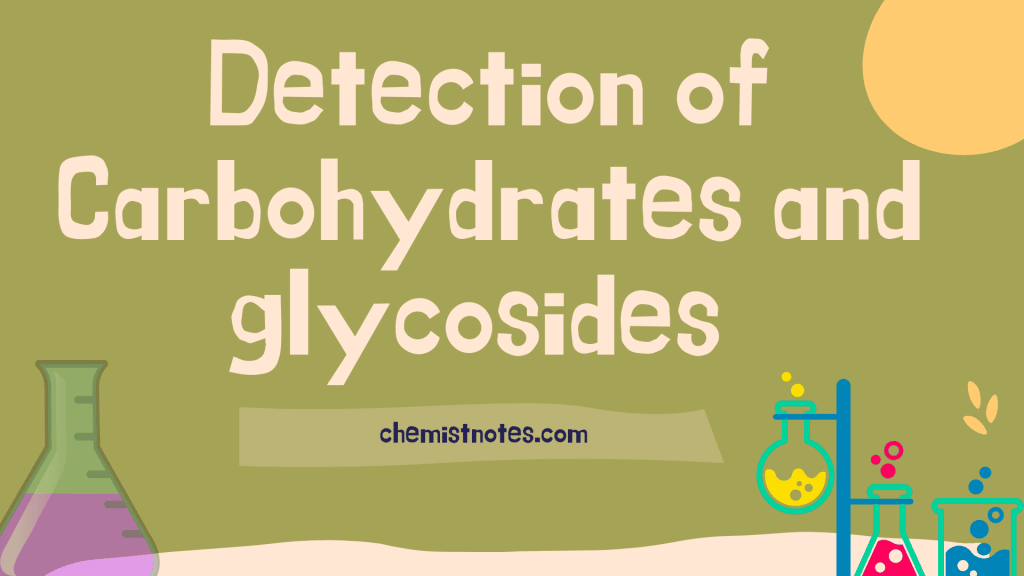
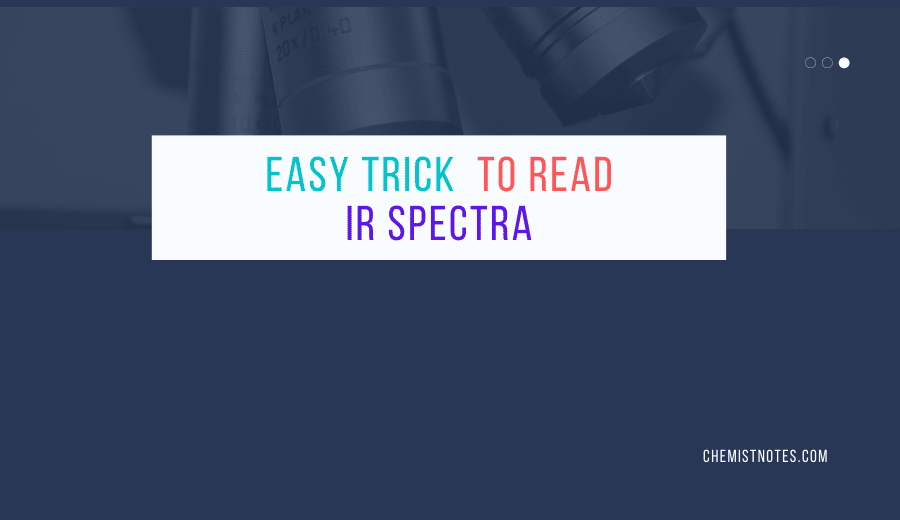

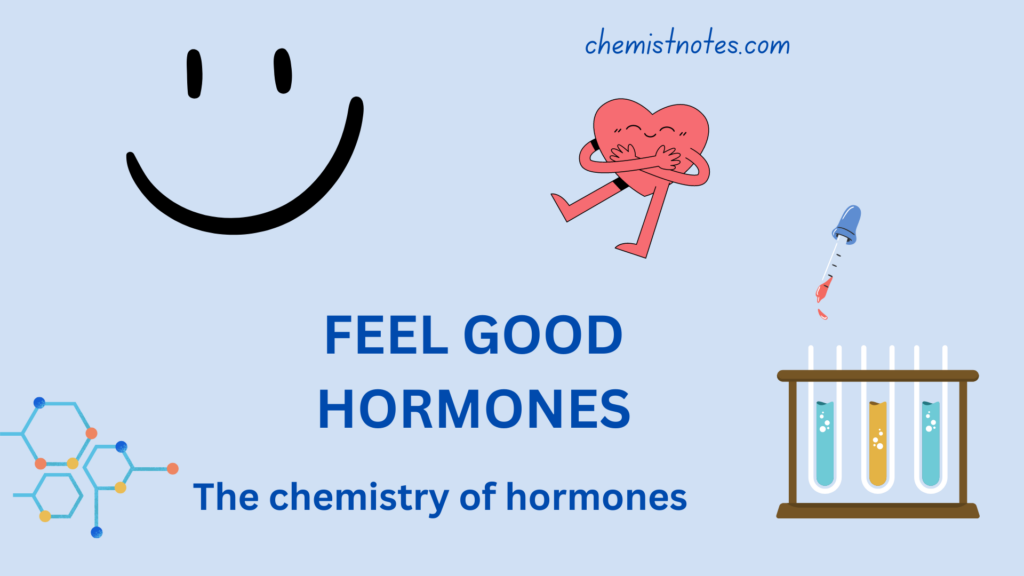
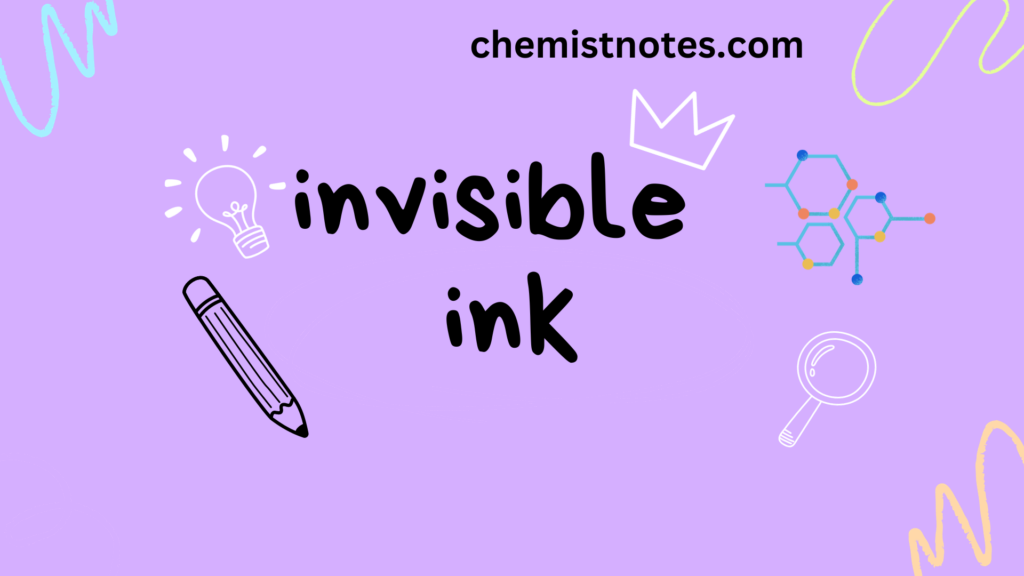
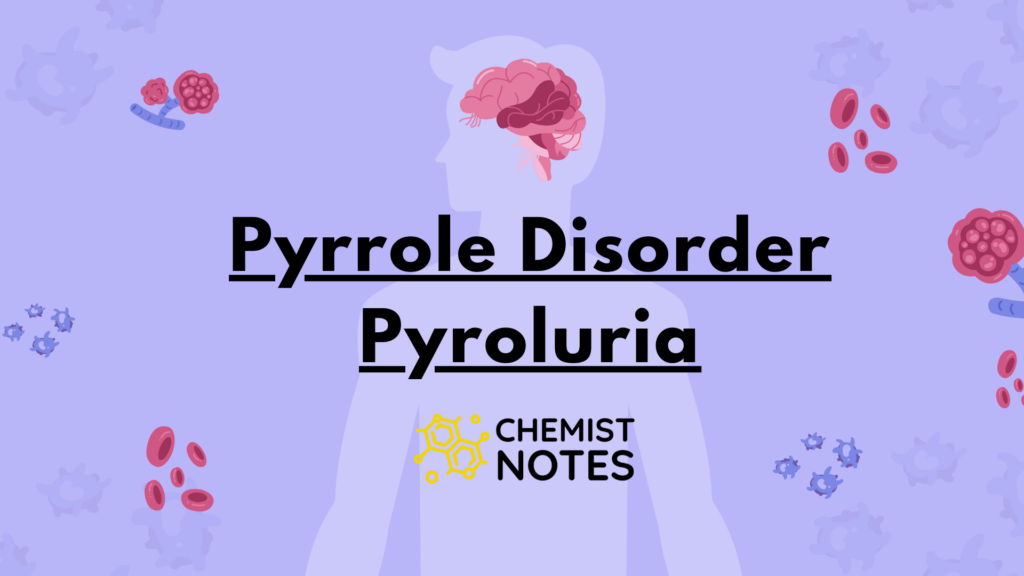

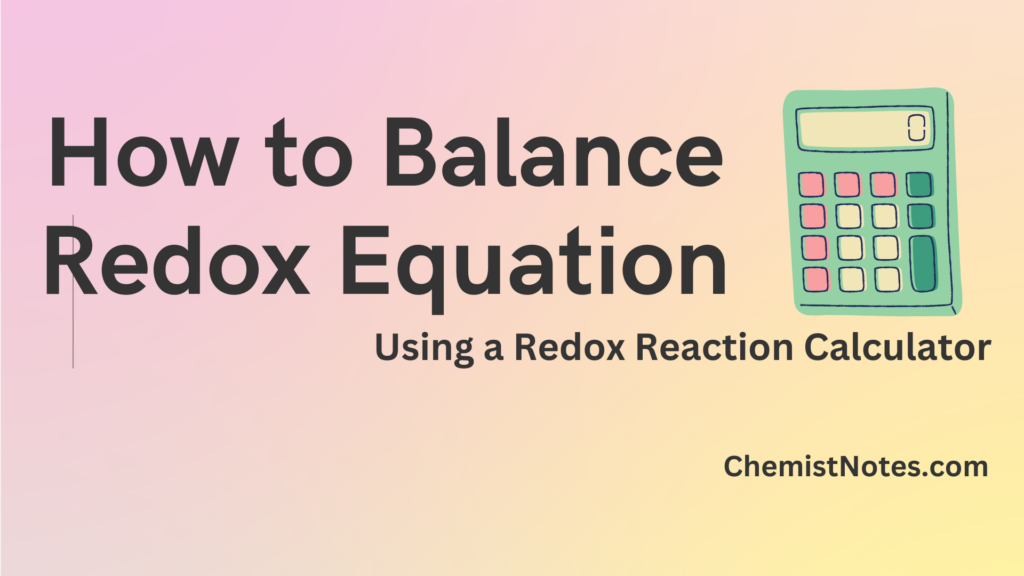
2 Responses
Does Aspirin Cause Skin Reactions?
Aspirin can cause allergic reactions in some people.